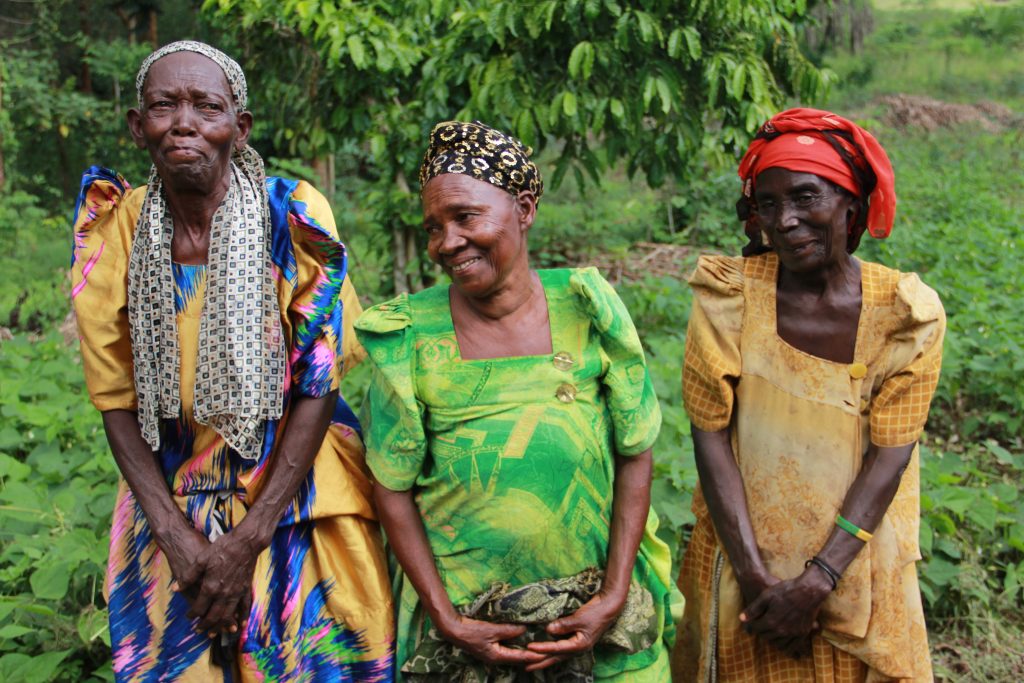
Former intern, Isabella, wrote this blog post after researching Ethiopian culture and the global water crisis. She shares what she learned about the connection between women and water.
The Water Crisis in Ethiopia
It is fundamental to the success of human life to have access to clean and safe water. It is estimated that 48% of people in sub-Saharan Africa lack clean water. This means that half of the population is effectively prone to disease. Every 90 seconds a child dies of waterborne disease. In Ethiopia alone, 60-80% of communicable diseases are attributed to the limited availability of clean water. 50% of the consequences of undernutrition, an extreme health concern, can be attributed to environmental factors like a lack of access to clean water.
How Does Water Impact Women?
Time and Money Lost
Statistics illustrate that in rural African villages, especially rural Ethiopia in which access to clean and safe water is an everyday concern, three-fourths of the people tasked with fetching water are women and children. Women and children (usually girls) are estimated to walk up to 6 hours every single day to fetch water for their families. The time-consuming water collection process forces them to take time away from other important elements of life. Children miss school and ultimately become unable to pursue an education. Women are unable to participate in activities that would generate income for the family, like growing more crops or making handicrafts to sell at the market. Time spent means lost productivity which also means lost money.
With access to clean water limited, the probability of disease in rural Ethiopia is a major concern. Amoeba, Typhoid, and Cholera are just some of the common waterborne diseases that women may become susceptible to while collecting water. In rural Ethiopia, health clinics may be long distances away from villages, costing women time and money to get medical attention.
When the community water source is far away, it is women and girls who pay for this with their time and lost opportunities.
Gender Violence
Ethiopia has a traditional culture that places men in a dominant position of power and this power includes precedence over women. On the long walk to collect water, women and children are vulnerable to violence, abduction, and rape.
How Water to Thrive Has Changed the Lives of Women in Ethiopia
When a well is built in a rural community, women and children no longer have to spend up to 6 hours every single day collecting water. The health of the entire community improves and women and children can now dedicate the time spent collecting water to pursue opportunities to generate additional income for the family, start businesses and further their education.
Water to Thrive is eliminating the increased probability of disease by constructing wells in rural communities in Ethiopia. Access to clean water automatically decreases disease rates by 80%. Clean water saves lives. Women in Ethiopia can now also save money that would have been spent on travel expenses to medical clinics and medication when members of their family became sick from drinking dirty water.
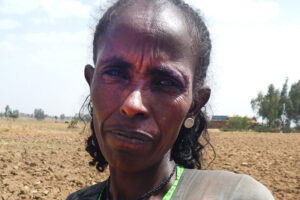 Photo of Wahid, Water to Thrive
Photo of Wahid, Water to Thrive
Wahid Abraha, a woman living in the village of Akuweini in Ethiopia’s Tigray Region has experienced the power of clean water. In 2014, Water to Thrive completed the construction of a well in Wahid’s village. Before that, she suffered from water-related diseases since she was born, contracted from drinking unclean water from a stream that borders her village. The knowledge that her health would be renewed by this new well brought her unprecedented happiness. She previously had extreme cases of diarrhea, due to unclean water sources, and even almost lost her life several times. Now that the village of Akuweini has access to a clean water supply, Wahid is living a much healthier and happier life and can spend time with her grandchild. Click here to read more about her story.
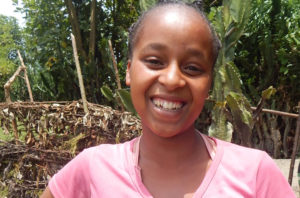 Photo of Birtukan, Water to Thrive
Photo of Birtukan, Water to Thrive
Birtukan, is a farmer, wife, and mother that lives in the Malga district of Sidamo, Ethiopia. Birtukan’s life was dramatically transformed when Water to Thrive built a well in her village. Birtukan no longer has to worry about the threat of gendered violence when collecting water anymore. Due to Water to Thrive’s commitment to bringing clean water to the people of rural Ethiopia, Birtukan only has to walk minutes to a safe water supply. Click here to read more about Birtukan’s story and here to learn more about how the work of Water to Thrive changes lives.

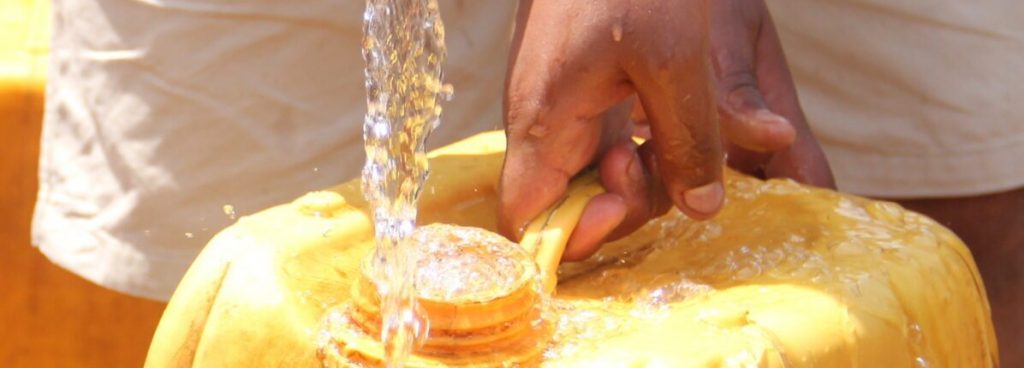
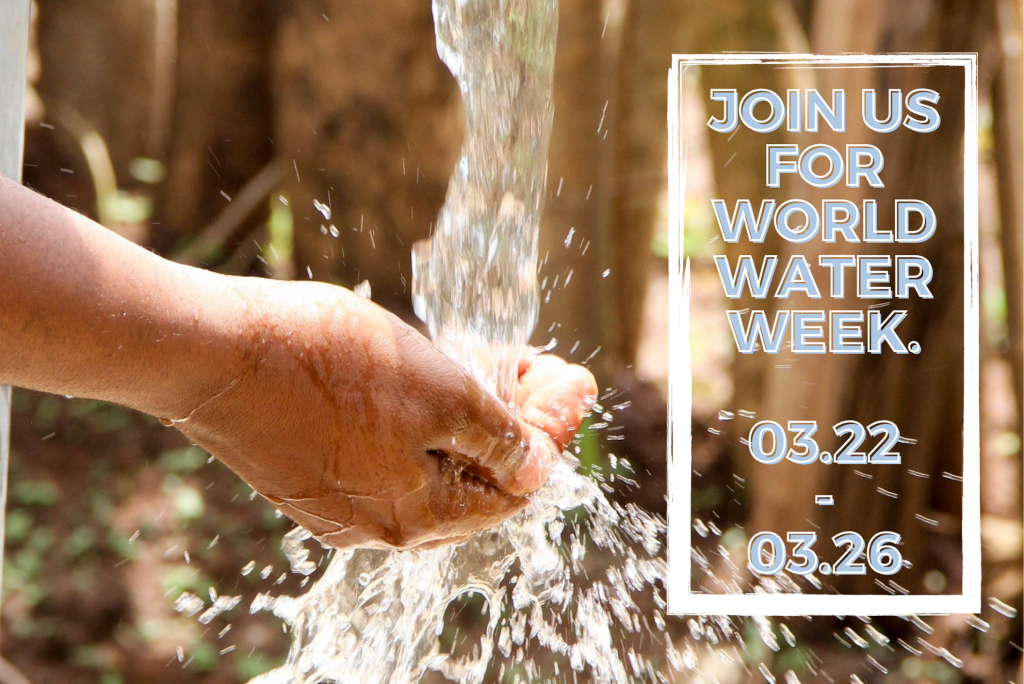
About The Author: Water to Thrive
More posts by Water to Thrive